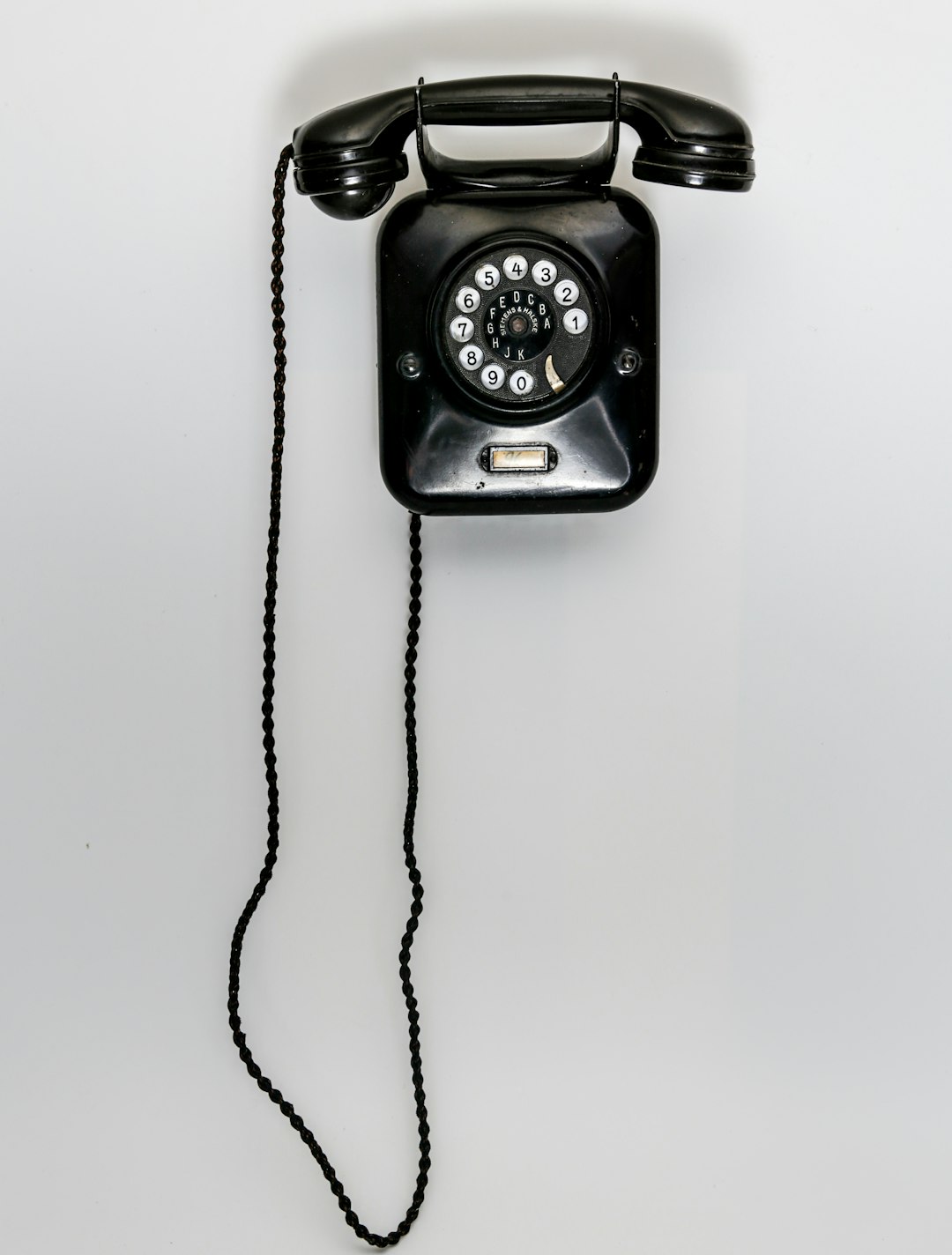In Illinois, understanding debt collection laws is crucial for consumers to protect their rights. The Fair Debt Collection Practices Act (FDCPA) governs collectors' behavior, prohibiting abusive tactics like harassment. Consumers can dispute debts and request proof of validity to prevent errors or identity theft. Hiring a lawyer specializing in Illinois debt collector laws ensures adherence to the FDCPA and other regulations, empowering individuals to navigate interactions fairly and resolve issues like harassing collection tactics, unfair terms, or excessive fees.
In the state of Illinois, consumers are protected by robust debt collection laws designed to safeguard their rights. Understanding these regulations is crucial for anyone facing debt collectors. This comprehensive guide aims to empower individuals with knowledge about their protections under Illinois law. From recognizing unfair practices to knowing when to involve a lawyer specializing in debt collector regulations, this article offers valuable insights. By navigating these laws effectively, consumers can ensure fairness and maintain control during financial challenges.
Understanding Illinois Debt Collection Laws: A Consumer's Guide

In the state of Illinois, understanding debt collection laws is crucial for consumers to protect their rights. These laws are designed to ensure fair practices by debt collectors and provide a framework for managing and resolving debts. As per Illinois lawyer for debt collector laws, debt collectors must adhere to specific rules when attempting to collect on outstanding debts. They are prohibited from using abusive, false, or deceptive methods, such as harassing calls or threatening language, to extract payments.
Consumers in Illinois have the right to challenge the validity of a debt and request verification of the debt amount from the collector. This process empowers individuals to ensure that the debt is legitimate and not a result of mistake or identity theft. Knowing their rights under these laws can help consumers navigate interactions with debt collectors effectively, ensuring a more transparent and just collection process.
The Role of a Lawyer in Navigating Debt Collector Regulations in Illinois

In Illinois, a lawyer plays a crucial role in navigating complex debt collector regulations to protect consumers’ rights. They are well-versed in the state’s Fair Debt Collection Practices Act (FDCPA) and other relevant laws, ensuring that debt collectors adhere to strict guidelines regarding communication methods, timing, and disclosure requirements. An attorney can assist clients in understanding their legal rights, reviewing contracts for any unfair terms, and taking appropriate action against abusive or harassing debt collection practices.
Hiring a lawyer specialized in debt collector laws in Illinois provides an extra layer of protection for consumers. They possess the expertise to interpret these laws, enabling them to challenge violations effectively. Whether it’s drafting cease-and-desist letters, filing legal complaints, or negotiating settlements, a legal professional can help individuals resolve issues with debt collectors and ensure they are treated fairly throughout the process.
Key Protections for Consumers Under Illinois Law

In Illinois, consumers are protected from unfair and abusive debt collection practices by a robust legal framework. The Fair Debt Collection Practices Act (FDCPA) sets forth key protections for debtors, ensuring that debt collectors adhere to ethical standards during their interactions. These include prohibiting collectors from making false or misleading statements, using aggressive or harassing tactics, contacting individuals at inappropriate times, and demanding excessive fees.
Additionally, Illinois law mandates that debt collectors provide clear and accurate information about the debt, including the name of the original creditor and a description of the amount owed. Debtors have the right to dispute the debt within 30 days of receipt of a collection notice, which must be acknowledged by the collector. A lawyer for debt collectors in Illinois plays a crucial role in ensuring these laws are followed, protecting consumers while facilitating responsible debt recovery practices.
Steps to Take If You Face Unfair Debt Collection Practices in Illinois

If you’re facing unfair or aggressive debt collection practices in Illinois, it’s important to know your rights and take swift action. The first step is to gather all relevant information about the debt and the collector. This includes documenting every communication, keeping records of payments made (if any), and collecting evidence of any harassment or false representations.
Next, consider consulting a lawyer specializing in Illinois debt collection laws. They can provide legal counsel, help you understand your rights, and take appropriate measures against the debt collector. A lawyer can send cease-and-desist letters, negotiate settlements, or even file lawsuits if necessary to protect your consumer rights. Remember, knowing and exercising these rights is crucial in navigating the complex landscape of debt collection laws.






